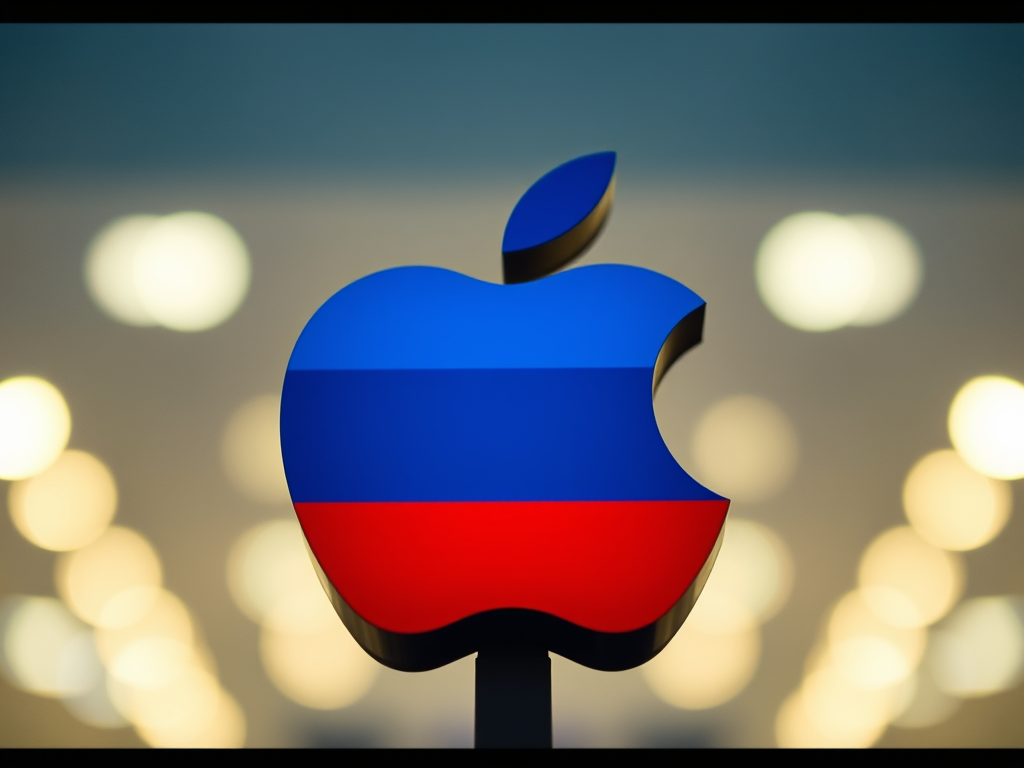
In a shocking move, tech giant Apple has removed several top Virtual Private Network (VPN) apps from the Russian App Store. As I reported earlier, the decision is seen as a direct response to growing pressure from the Kremlin on Western tech companies to restrict access to certain services.
In recent months, the Russian government has been cracking down on online dissent and independent media outlets, with many critics labeling it a coordinated effort to suppress free speech and online freedoms. The Kremlin’s pressure on tech companies has been escalating, with Google and Facebook already facing similar restrictions in Russia.
But Apple’s decision to remove the VPNs from the App Store takes the pressure to a new level. Several top VPN providers, including ExpressVPN, NordVPN, and ProtonVPN, were among the apps affected by the removal. The move is seen as a significant victory for the Russian government, which has been pushing tech companies to restrict access to services that could be used to circumvent its censorship efforts.
As I reported earlier, Apple had been facing increasing pressure from the Kremlin to remove the VPNs from the App Store. In recent weeks, the company had received warnings from Russian officials that it needed to comply with local laws and regulations or face consequences.
But Apple’s decision to remove the VPNs was still a surprise to many in the tech industry. “We’re disappointed by this decision,” said a spokesperson for ExpressVPN. “Our users in Russia have been relying on us to protect their online security, and we’re not sure what the future holds for them now.”
The implications of Apple’s decision are far-reaching. Not only does it set a worrying precedent for other Western tech companies operating in Russia, but it also raises concerns about the erosion of online freedoms around the world.
As I’ve reported on this story, the Kremlin’s pressure on tech companies is just one part of a broader effort to silence critics and suppress dissent. But with Apple’s decision, the line between censorship and freedom has become increasingly blurred.
What’s Next?
- Will other Western tech giants follow Apple’s lead and remove their apps from the Russian App Store?
- How will this decision impact online freedoms in Russia and beyond?
- What role do VPNs play in protecting online privacy, and how can users ensure their security in a rapidly changing digital landscape?